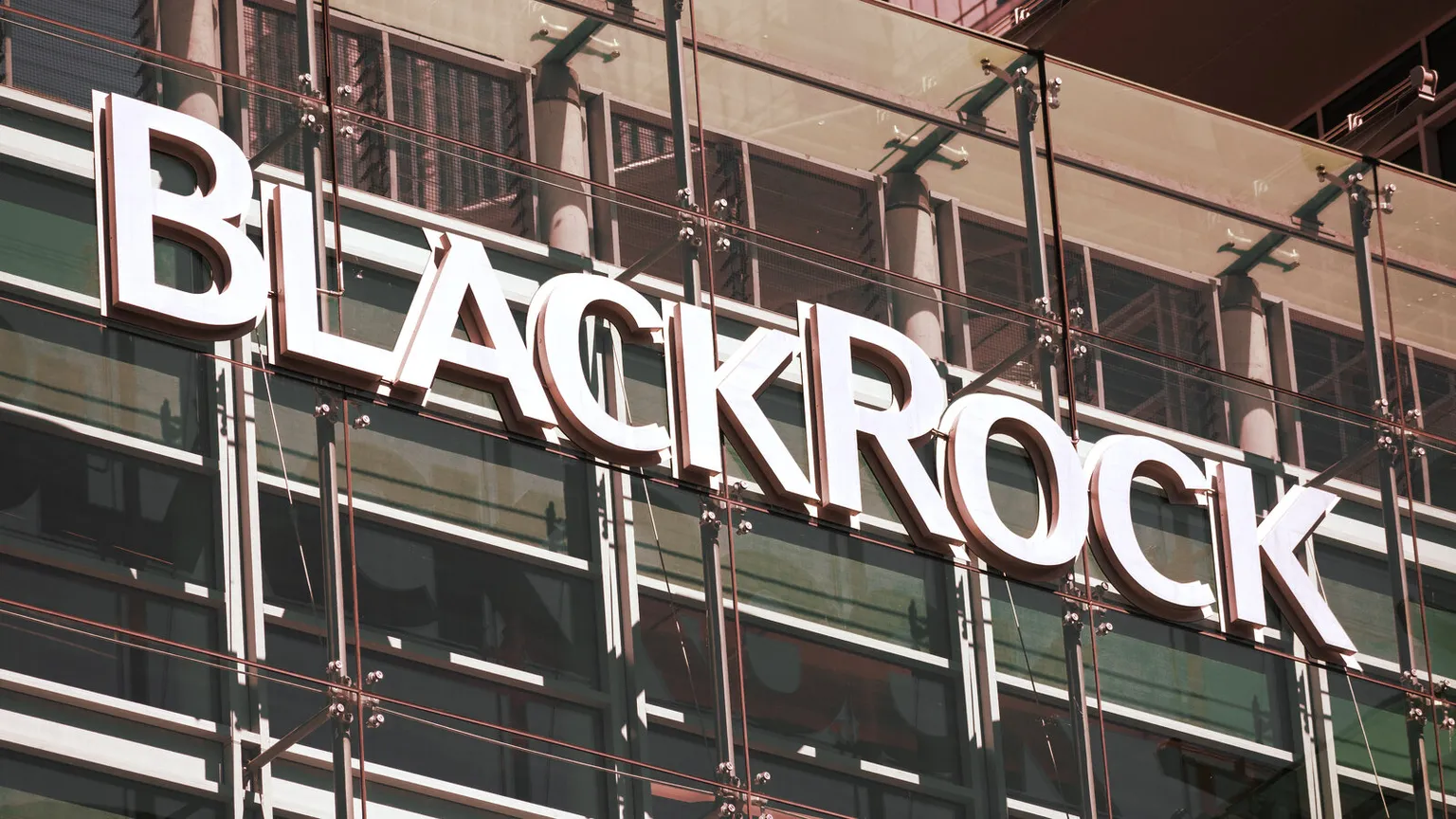BlackRock CEO Larry Fink said that “the next generation for markets, the next generation for securities, will be tokenization of securities.”
In the world of blockchain, tokenization refers to a process where a digital representation of an asset is created on a blockchain, authenticating its transaction and ownership history.
This approach enables a different way to trade assets like stocks, bonds, real estate, or even alternative assets like land, wine, or art, allowing the transfers to be visible on a public ledger.
Speaking at a New York Times DealBook event, Fink argued that tokenization will provide “instantaneous settlement” and “reduced fees.” Despite these advantages, he added that the development of this type of technology wouldn’t disrupt BlackRock’s business model.
Alongside the promise of blockchain, the CEO also touched on several current economic issues, including the impact of the Russia-Ukraine conflict, the changing role of China, and the global inflationary pressure that has impacted most developed economies this year.
But it’s definitely not just BlackRock that is betting on tokenization as the future of financial services.
Flowcarbon, a start-up tokenizing carbon credits led by former WeWork founder Adam Neumann, recently attracted $70 million of investment from prominent investors such as a16z, General Catalyst, and Samsung Venture Investment.
In November, JPMorgan turned to Polygon to trade tokenized cash deposits in a Singapore-based trial via Onyx Digital Assets, a private blockchain created by the bank.
The bank has also promoted the benefits of tokenization in some of its whitepapers, saying tokenization could potentially enable financial services to be delivered “in a more open manner.”
Despite his bullish view on the future of tokenization, the CEO said he believes that most cryptocurrency-related companies “are not going to be around” in the future, though he did say that blockchain technology will be “very important.”
BlackRock hit by FTX contagion
Fink clarified that the value of his firm’s investment in the bankrupt exchange was $24 million, though it was held in a subsidiary “fund of funds” and not in the “core part” of BlackRock’s business.

